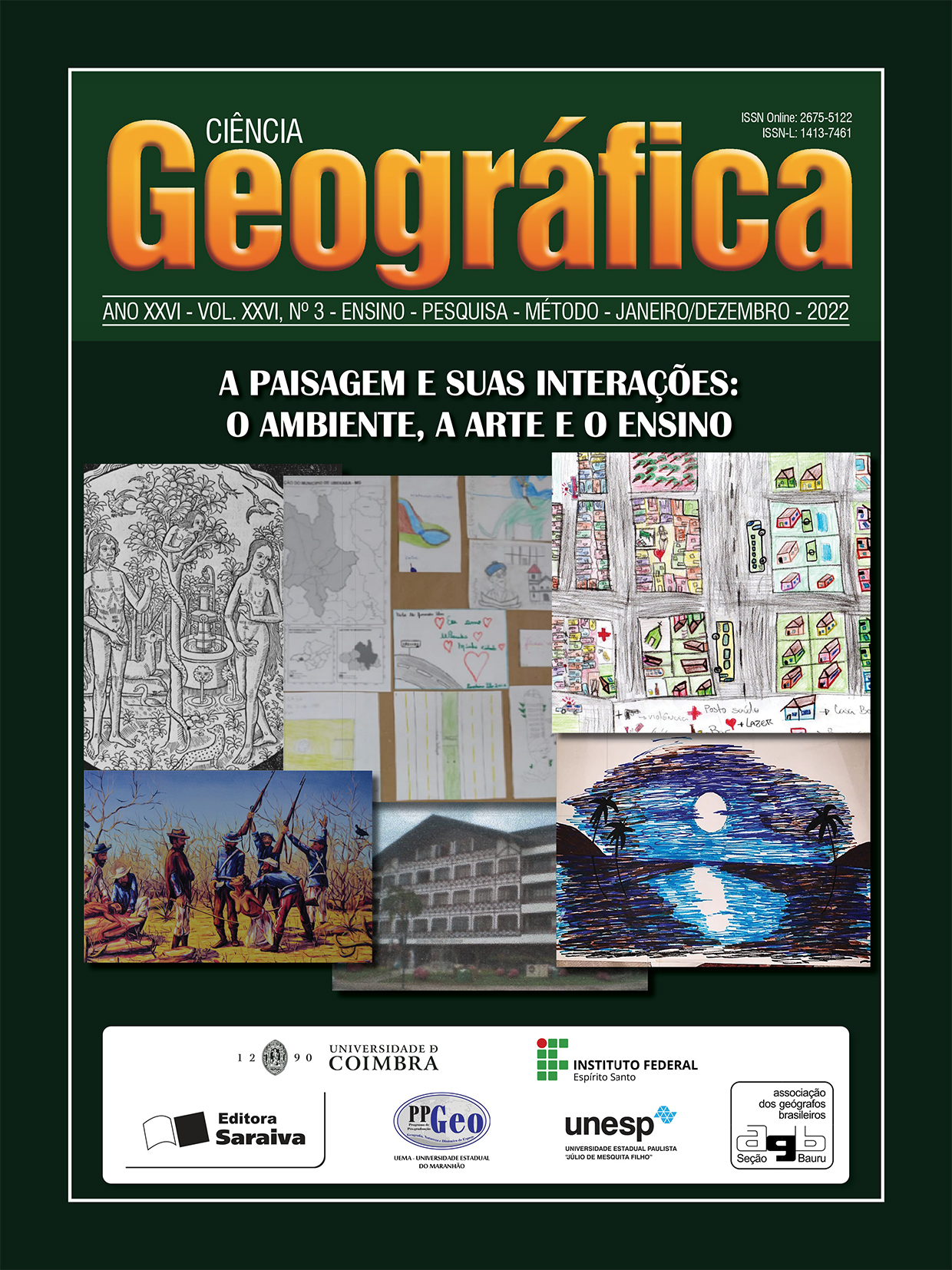CONSIDERAÇÕES SOBRE O SIGNIFICADO SOCIAL DA VARIAÇÃO DOS PRONOMES DE SEGUNDA PESSOA DO SINGULAR: VARIEDADES MARANHENSE E BRASILIENSE
DOI:
https://doi.org/10.18817/26755122.26.3.2022.3082Palavras-chave:
Português brasileiro. Pronome tu. Dimensão geográfica. Dimensão interacional.Resumo
O português brasileiro apresenta pelo menos quatro construções pronominais de segunda pessoa sintetizadas em Scherre et al. (2015) que, com base em diversas pesquisas, propõem a organização de um mapa pronominal de segunda pessoa do singular. Entre as paisagens, São Luís/MA (ALVES, 2010, 2015) registrou 39% de tu em entrevistas geolinguísticas e 83% de tu em gravações de conversas espontâneas não-ocultas. Brasília/DF registrou 72% de tu em conversas espontâneas ocultas (LUCCA, 2005); 12% em conversas espontâneas não-ocultas (DIAS, 2007); e de 31% em entrevistas sociolinguísticas motivadas (ANDRADE, 2015). Partindo desses resultados quanto ao uso da forma tu, focalizamos a paisagem pronominal nas variedades maranhense e brasiliense, com o objetivo de identificar significados sociais em função do tipo de coleta de dados, paralelamente às variáveis sociolinguísticas clássicas, como faixa etária, sexo e anos de escolarização dos falantes.


